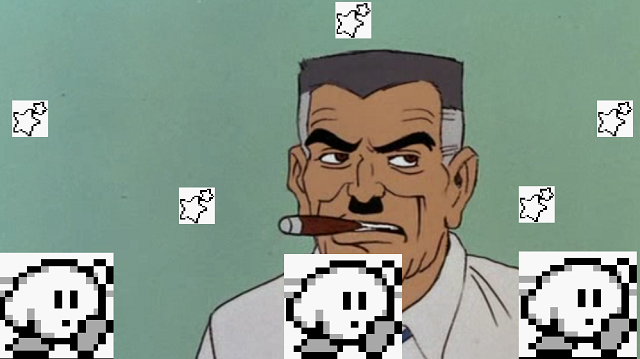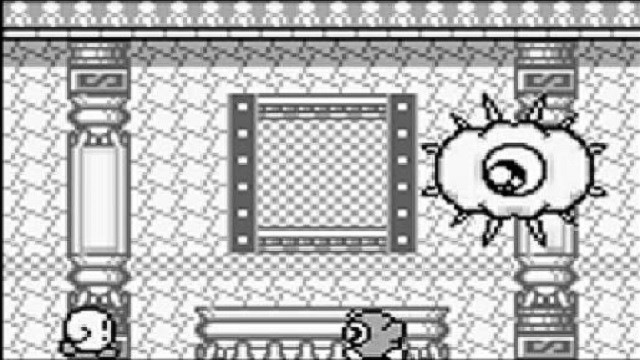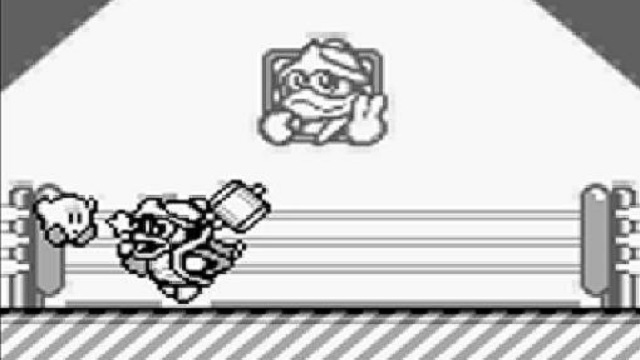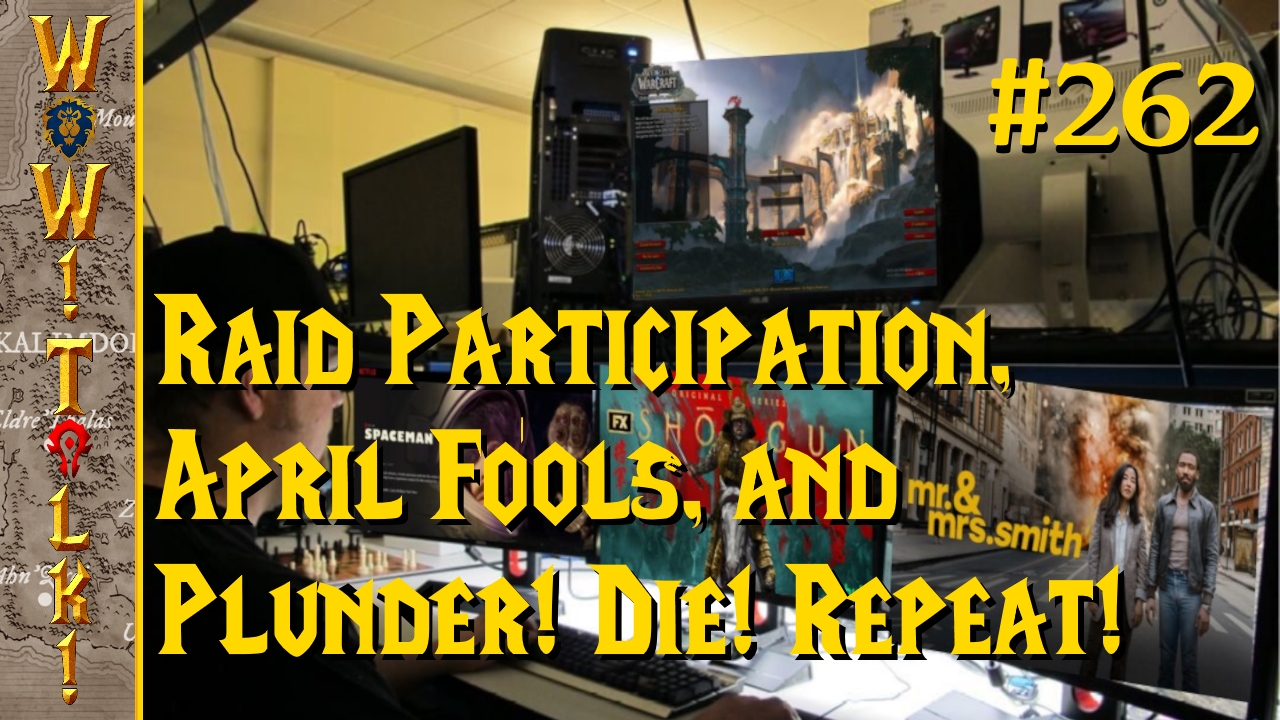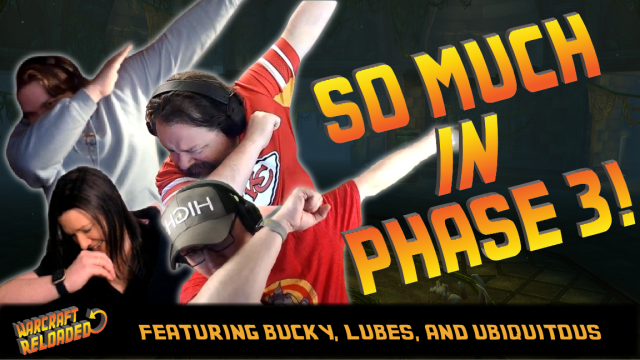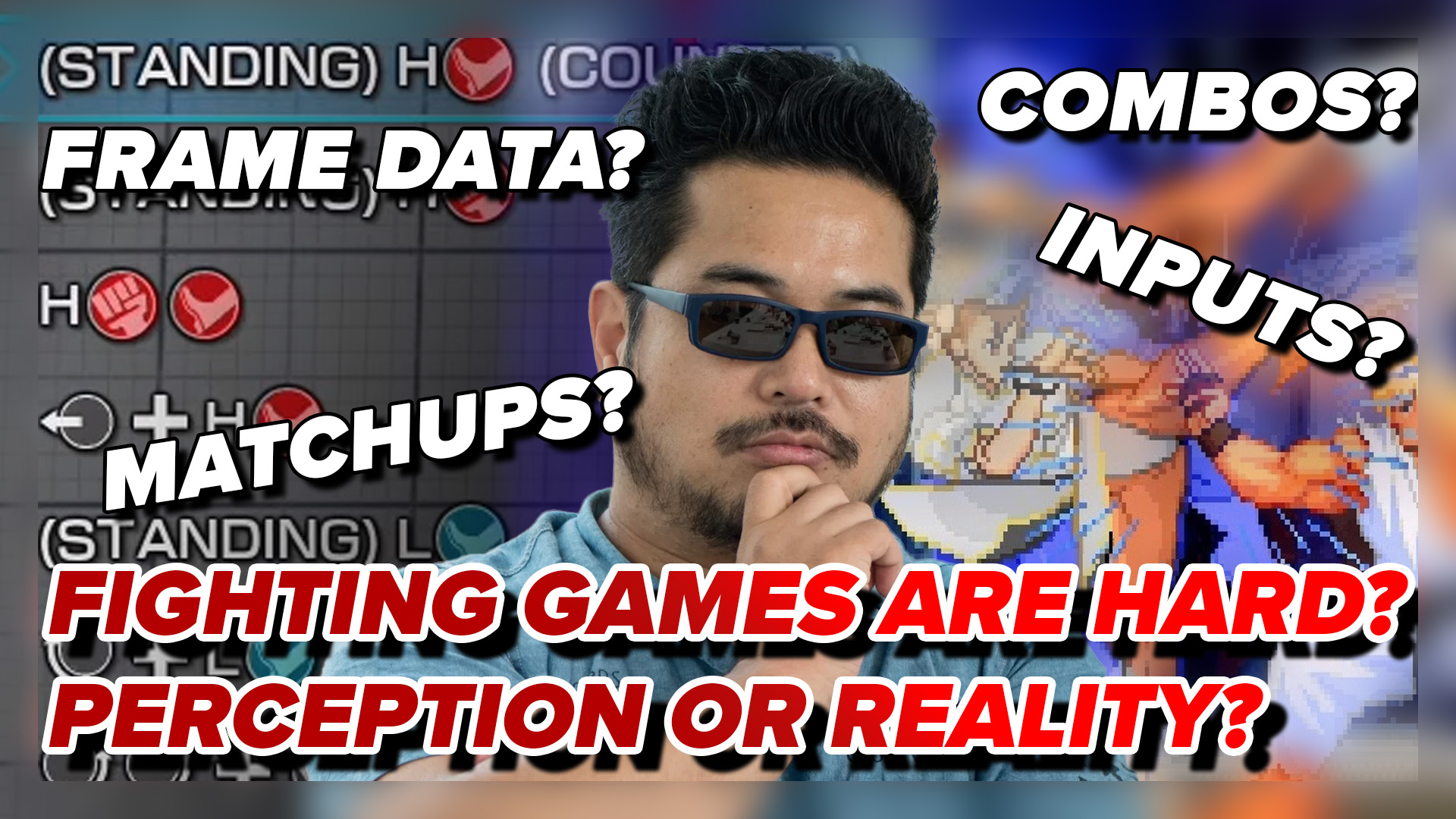I started out typing this article to further back up my issue with difficulty in Kirby: Triple Deluxe. I felt that, while the game was good, the lack of any kind of challenge kind of ruined the game for me. As an adult reviewing that game for other adults, I stand by my review. That being said, I believe that games like Kirby: Triple Deluxe fill an important gap in children’s games that few games actually try to fill, and that’s in being a game kids can play without having to worry about winning or losing. It’s a game about teaching kids how to interact with a video game, one where they’re shown everything that they will need to know to enjoy games in the future.
You can spare me the talk about how hard games build character or how kids who can’t play hard games shouldn’t bother with games at all. I’ve already run through those kinds of thoughts in my head, and they haven’t gotten me anywhere. These attitudes are the exact same ones that you see in a lot of sports, both past and present. Think back to your gym classes back in school, and many you might remember the days where you never got chosen to play anything because you weren’t instantly good at it. You didn’t have that natural athletic ability that made some other kids stand out, and I imagine many of you learned to hate gym class after that. Some may have fought to improve themselves and gotten good enough to be selected for those teams, but I bet far more were just happy to sit on the sidelines and completely ignore sports altogether. God knows I was one of them.
It simply is not fair to expect every child who picks up a game, video or real life, to be able to play it with the same skill level as every other child. We all learn different things at different paces, and depending on who’s been teaching us, we might not possess many of the skills necessary to play a game on its most basic level. This is actually a line of thought that has gone into national coaching training in Canada, where a model known as Fundamental Movement Skills (FMS) has been adopted. It’s entire basis is on teaching children basic skills such as throwing, catching, running, and jumping, and then building on those basic skills in different ways as they age. It also acknowledges that those things are learned skills, and that unless children are taught how to do them properly, they won’t bother with sports involving them. If you can’t throw, you sure won’t be trying out for the baseball team.
Now, what does this have to do with video games? Well, many of us take for granted that playing a game can be quite hard. If you want an example, think back to a time you may have tried to get a parent to play games with you. My mother is the first person that leaps to my mind. She tried to play Super Mario Bros with us when we first got our Nintendo, but found the game frustrating and difficult to play. She couldn’t match me or my brother’s limited skill levels, finding it hard to do just about anything in the game at all. She especially hated having to go all the way back to the beginning of the level because of one missed jump, and wondered how we had the patience to keep trying when it seemed so miserable. It wasn’t long before she wouldn’t play games with us at all. Dad fared a little better than her, but even he wouldn’t touch anything other than Super Mario Bros or Super Mario Bros 3, complaining that the games were too weird or didn’t make sense to control.
Considering how important games are in my life, I find it hard not to be able to share them with some of the most important people in my life. As such, I kind of wish there had been some sort of middle ground during that time – a game that knew that some players wouldn’t instantly be able to figure out how games worked. We needed to acknowledge that not everyone would feel inspired by the challenges of playing a video game in the eighties. Even I didn’t really get into games until the SNES days, when games became a whole lot more approachable, eventually coming back to the NES games with the skills I gradually built up from years of practice on SNES games. I needed to train, but I wasn’t ready to, and games were so hard back then that it never felt like I was making any progress.
It was the same in sports. The twin Abobos in Double Dragon were exactly like every single sport I tried out. I would just hit these walls of difficulty that my limited training had not prepared me for, and without the time or tools to practice, I soon just gave up entirely and walked away. I came to terms with not beating Super Mario Bros, Double Dragon, or Teenage Mutant Ninja Turtles because I could never build up the skills I needed to beat them. I just shelved them and didn’t look back. I’m surprised I kept with it at all given how I turned away from sports, but that’s only because I eventually picked up lighter challenges that let me learn the basics of how games worked in an environment specifically designed for me.
That environment was Kirby’s Dreamland, the first video game I ever beat.
Kirby’s Dreamland played at a slower pace. The enemies in it kind of wandered around, and most of them didn’t even try to move my way. Most of them didn’t take more than one hit and could just be vacuumed up with a tap of the B button. Even if I somehow did have trouble with those enemies, I could just fly over them. The minibosses that I did have to fight had tiny health bars compared to the six hits I could take, so even if I was playing a little clumsily it took a lot to bring me down. The main bosses didn’t even push me that hard, often standing in one place for long periods of time so I’d have ample opportunity to hit them back. In short, Kirby’s Dreamland was probably the first game I’d ever played that was designed to give the player an advantage.
The game still did push its players in its own way. While most enemies weren’t hard, creatures like the flying pigs provided some small challenges. It was the only smaller enemy, except for the spiked guys, who couldn’t be sucked up. In fact, it would fly at you and attack aggressively if you did, so this was one of the first instances where I had to react and move quickly to survive. On my own, I soon came up with the strategy to puff myself up as if I was going to fly, and then shoot the pig with a gust of air. Even clumsy old me, who’d had trouble fighting Bebop in the second sewer of Teenage Mutant Ninja Turtles, could now react to a quicker enemy attack without panicking.
I may have been proud of knowing how to beat one enemy that moved quickly in a predictable way, but I was soon humbled by the fourth boss, Kracko. Most of his attacks were the lazy, simple ones that previous bosses did, but he could also shoot across the lower part of the screen with a speed unlike anything else I’d fought yet. I eventually beat him, though, learning how to respond when the enemy did something I wasn’t expecting. Handy stuff to know if you ever want to play video games, right?
King Dedede was the final test. Not only did I have to fight all of the bosses over again in a row, promoting playing flawlessly to conserve health while also showing me how far I’d come and what I’d learned, but then I had to fight a boss with a trick. Unlike every other boss in the game, Dedede didn’t create little enemies for me to suck up and hit him. I lost that first round and eventually got a game over because I had no idea how to win. Even though the game was built around teaching me how to play games, it still wasn’t just going to roll over and let me beat it. Eventually, you have to deal with being confused and challenged when you’re playing games, and if you can’t master that final lesson, it’s time to find a new hobby.
It had taught this last, though, to build up my confidence. I can’t even begin to tell you how proud I was just to have made it to a final boss of any game at that point in my life. I felt powerful and skilled for the first time, and it seemed like I would be cheating myself if I didn’t push to get to the end. If someone had told me that the game I’d been playing was too easy and nothing to be proud of, I probably would have shelved it and given up on games altogether, but no one was telling me that. It was just me and Kirby, and the little puffball seemed to be telling me I could do it. I just needed one more push and some time to think, and I would be fine.
So I played through the game again, start to end, finally reaching Dedede. Since there was no time limit, he moved slowly, and I could fly over him, I watched him for a bit before fighting him. After a little while, I noticed that all of his attacks made these little stars when they hit the ground. I felt the lightbulb light up, but waited for a moment of hesitation after one of his attacks before I landed and tried to vacuum the star up. When Kirby bulged out from swallowing the star, I swear I felt my heart stop. I got a little tingle that ran through my whole body when I sent a star careening into Dedede’s face, watching his eyes bulge from pain and shock. You’d have sworn that I was speedrunning Dark Souls with one hit point from how hard my heart was beating then, but I felt like I was facing the most difficult challenge in my life. When that final hit landed, I felt a sense of triumph that turned video games into my favorite hobby and set me on my path of trying to get better at them.
I like hard games, now. I love being challenged, even when it frustrates me. I feel like I’m testing decades of built-up skill against these games, and there’s not much that I love more than finally winning a game that’s given me trouble for a long time. That being said, I have a skill level that has been created from practicing with games for so long. I trained by playing easier games and steadily picking up harder ones. With each increase in difficulty, my reflexes were pushed harder and harder, my patience building as I learned how to watch and fight my enemies. These were never skills I naturally possessed or had much aptitude with at first. I had to train hard, using my past accomplishments to keep myself motivated to keep pushing myself. The most common thing I tell myself is that if I’ve beaten X hard game before, then I can beat the hard one I’m playing now. I have built myself up.
Somewhere, you have to build a foundation of confidence and skill, though, and that is where games like Kirby: Triple Deluxe come in. As a simple game that takes its time, it gives new gamers the time and play space to learn the basics of gaming. You don’t have to worry about something coming in and tearing you apart while you get jump timing down. You can take a moment to learn jump arcs, get a feel for how you can fight, and learn that it’s important to watch your enemies. Things that naturally skilled players take for granted as common knowledge can be learned in this kind of environment, letting players of any skill level pick up the basics in a fun, relaxed environment that doesn’t ask them for too much.
What if this had been the first game that my mom had tried out with me? What if her first game had been one that didn’t demand she know how far she could jump within a few moments, or expect her to be able to slash a sword with perfect timing? What if there had been lots of room for her to make mistakes and slowly learn everything she needed to play games? If there had been some simpler games that let her learn at her own pace rather than assume she had a lot of skill right from the start, would I be sharing my hobby with her today? I’ll give you a hint: She asked me if I wanted to play a round of Wii Sports with her after I lent her my Wii to try it out. I may have been happy to have beaten Kirby’s Dreamland on that lonely day many years ago, but that had nothing on the moment my mother asked me to play a game with her.
I love hard games. I love being challenged. Even so, there are lots of people out there who are picking up a controller for the first time, and they don’t necessarily know how to play games. That first experience can be pretty important with any medium, and if that game you pick punishes you for not naturally knowing what to do, it could easily turn you off of games. There is a need for there to be games that assume you know nothing at all; games that just ask you to putter around and try your best. These games are the ones that get the next generation of gamers into the hobby, helping them build the skills they need to make them into the hardcore gamers of tomorrow. We all started somewhere, and most of us didn’t start in the same place. That is why games like Kirby: Triple Deluxe are so important, as they help those who weren’t gifted with natural talent learn what they need to know to enjoy games.
If a kid needs to be taught how to run, is it any surprise that they would need to learn how to hit buttons with perfect timing to make a digital avatar of a knight survive a gauntlet of undead and armed monsters?

